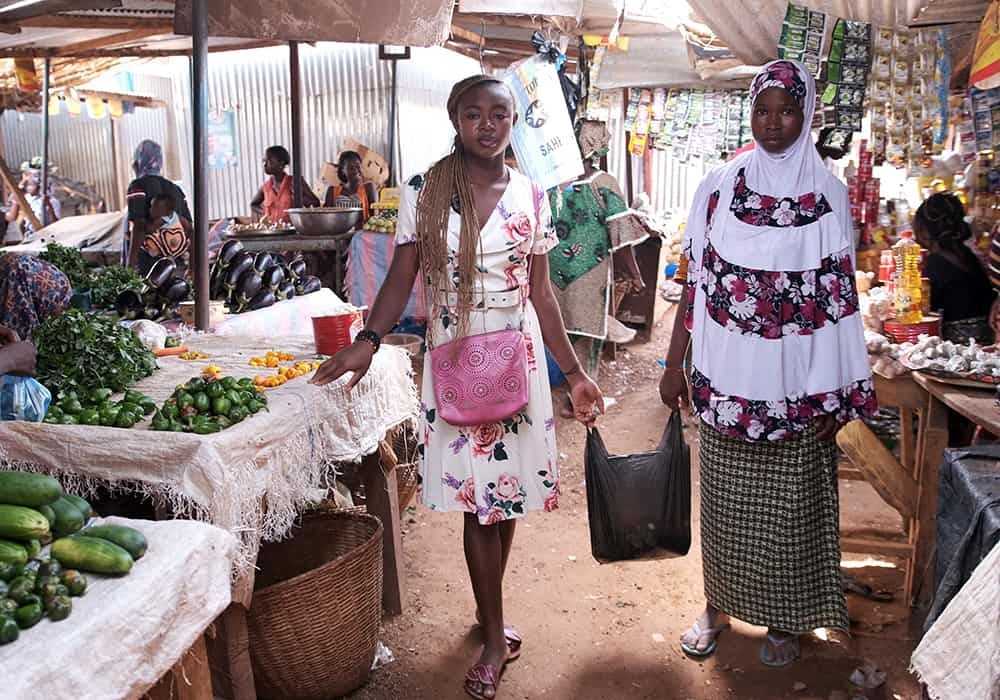The age-old adage “women and children first” has deep historical roots, primarily associated with maritime disasters and popularized by cinematic portrayals like the Titanic’s tragic sinking.

Women and Children at the Backseat? Analysts Argue That Amidst Crisis, Survival Instinct Prevails Over Traditional Priorities (Photo: Plan International USA)
Israel-Hamas Deal: A Controversial Prioritization
In a recent report featured by US News, in December 16, 2023, however, this phrase, “women and children first” ingrained in the public psyche, is facing renewed scrutiny in contemporary contexts where gender roles are evolving. Examining its origins and the current implications, experts argue that this unwritten law of the sea is a Hollywood-fed myth and a relic of Victorian-era chivalry that may not align with the complexities of modern crises.
Recent events, such as the Israel-Hamas prisoners-for-hostages deal, have reignited debates around prioritizing women and children in crisis situations. While the approach garnered support for preserving family units, it left behind elderly and injured men during the chaotic phases of conflict.
Families affected by this decision expressed dissatisfaction, challenging the traditional notion and emphasizing the need to reconsider crisis action plans. As societies evolve, the longstanding practice of placing women and children at the forefront raises pertinent questions about the evolving dynamics of rescue operations and crisis management.
READ ALSO: South Carolina Farmers Granted Bond In Fatal Shooting Of Armed Trespasser
Deconstructing the Tradition: A Long History and Real-Life Dynamics
According to the news released by Yahoo News, the historical roots of the “women and children first” ethos can be traced back to the 1852 sinking of the HMS Birkenhead and further cemented by the Titanic disaster. However, experts argue that real-life scenarios often deviate from this tradition, with leadership playing a pivotal role in determining rescue priorities.
The Birkenhead drill, initially a response to a specific maritime incident, has persisted through the centuries but doesn’t consistently align with actual evacuation dynamics. As societies grapple with evolving gender norms and societal expectations, the age-old practice of prioritizing women and children first faces challenges and prompts a reevaluation of crisis response strategies.
READ ALSO: Rent Control: A Housing Policy That Strives To Balance Stability And Affordability
























